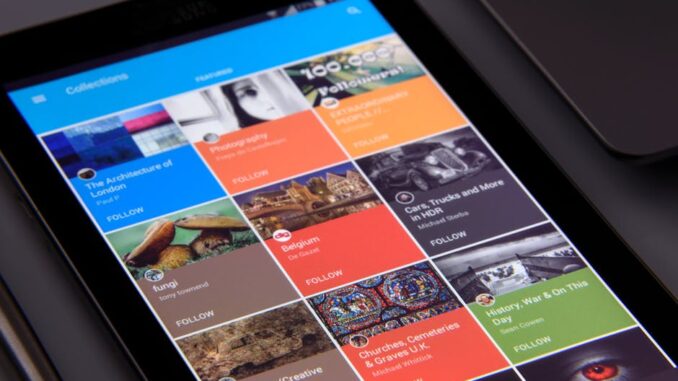
Summary
This article guides recovering addicts on how to constructively fill their leisure time with engaging hobbies and activities. It explores various options, from creative pursuits to physical activities and social engagement, emphasizing the importance of finding activities that bring joy and support long-term recovery. It provides actionable steps for incorporating these activities into a recovery plan, fostering a balanced and fulfilling life.
** Main Story**
Rediscovering Joy: Hobbies & Activities for Recovering Addicts: Filling Your Leisure Time
Recovery from addiction offers something pretty incredible: a chance to take back your time and find joy in the everyday stuff again. And it’s not easy, I know. As you’re navigating this journey, filling that void left by substance use with things that lift you up is super important. I mean, it’s not just about keeping busy; it’s about rebuilding your life, setting up good habits, and really digging into your commitment to staying sober.
Step 1: Dig Into Your Interests
So, where do you even start? Well, the first step is finding activities that actually grab your attention. Don’t sweat it if you don’t instantly become a pottery master or anything; the real trick is finding something that you’re genuinely interested in and that keeps you hooked. Think back to things you loved doing before addiction took over, or maybe explore completely new areas! Honestly, the options are endless.
- Get Creative: Painting, writing – even if it’s just journaling – playing music, sculpting, photography… any kind of creative outlet can be seriously therapeutic. They’re a way to let your emotions out, give your self-esteem a boost, and help you process things, which is huge.
- Get Moving: Exercise is a game-changer during recovery. It releases those feel-good endorphins, eases stress, helps you sleep better, and just generally makes you feel better. Think about running, swimming, yoga, joining a sports team, or even just going for regular walks in nature. My cousin, Sarah, swears by her daily walks; says it clears her head like nothing else.
- Find Your Calm: Practicing mindfulness and meditation can really help you manage cravings, get a handle on your emotions, and stay present. It’s like hitting the reset button – it gives you a sense of calm and control, which is crucial when you’re dealing with the challenges of recovery. It isn’t always easy, but nothing truly worthwhile is, right?
- Learn Something New: Diving into education, learning a new language (I’ve always wanted to learn Italian!), or picking up a craft can give you a sense of accomplishment and a confidence boost. Plus, it’s a healthy way to push yourself and see the world from a different angle.
- Connect with Others: Connecting with other people who are also in recovery is invaluable. Support groups, book clubs, volunteering, social hobbies… they all offer a sense of community, belonging, and support. It helps fight that feeling of isolation and really strengthens your resolve.
Step 2: Knock Down Barriers and Build Momentum
Starting something new isn’t always sunshine and rainbows, especially when you’re in recovery. You might hit some internal resistance or struggle to keep going. But, don’t let this dishearten you. Here are some ideas to help you get over those hurdles:
- Start Small, Really Small: Begin with short sessions of whatever you’ve chosen. Don’t put too much pressure on yourself. Consistency is key here, way more important than going all-out right away.
- Put It In Your Calendar: Treat your hobby time like a doctor’s appointment or a meeting you can’t miss. Seriously, block out the time and stick to it. It helps create structure and shows you how important this is.
- Find Your Cheerleader: Talk to a friend, family member, or even your therapist about what you’re trying to achieve. Having someone to check in with can be a huge motivator and a great source of support.
- Celebrate Every Win: Seriously, give yourself credit for every step you take, no matter how small. It reinforces those positive actions and keeps you pumped up.
Step 3: Hobbies as Part of Your Recovery
Hobbies and activities aren’t just distractions; they’re a core part of your recovery. Here’s how to weave them into your overall plan:
- Chat with Your Therapist: Talk to your therapist about adding hobbies to your treatment plan. They can offer advice, support, and help you find activities that line up with your goals.
- Find Your Tribe: Join support groups or online communities where you can connect with people who share your interests. It creates a sense of community and gives you a place to share your experiences and encourage each other. And that support is invaluable.
- Build Your Safe Space: Surround yourself with people who support your hobbies and your recovery journey. And, you know, minimize contact with those who could trigger a relapse.
- Cut Yourself Some Slack: Recovery’s a journey, not a race. You’re going to have setbacks, and that’s okay. Be kind to yourself, and don’t be afraid to tweak your plan as you go. The main thing is to keep moving forward, one step at a time. Sometimes, it really is that simple.
By weaving hobbies and activities into your daily life, you’re creating a life that’s full of meaning, purpose, and, yes, joy. It not only strengthens your recovery but also helps you build a life that’s rewarding, beyond addiction. And isn’t that what we’re all aiming for?


Be the first to comment